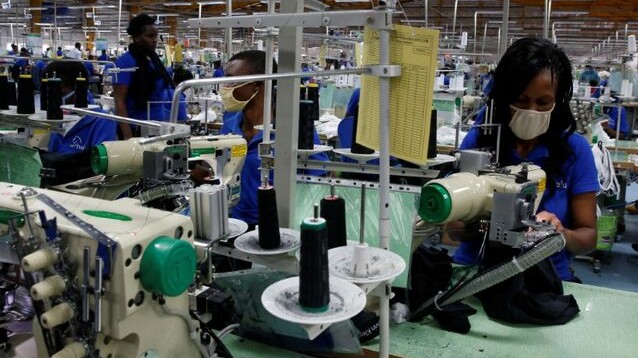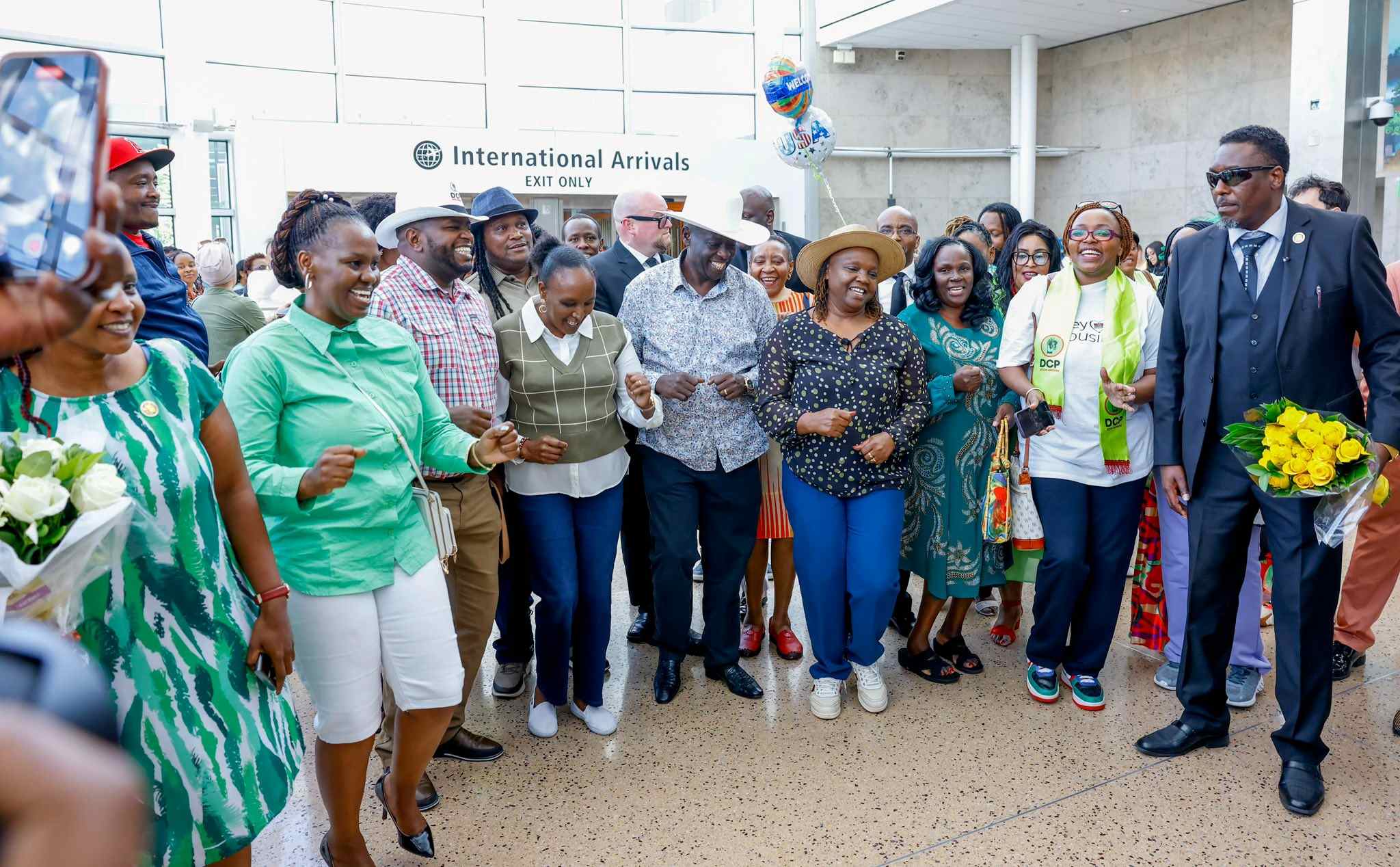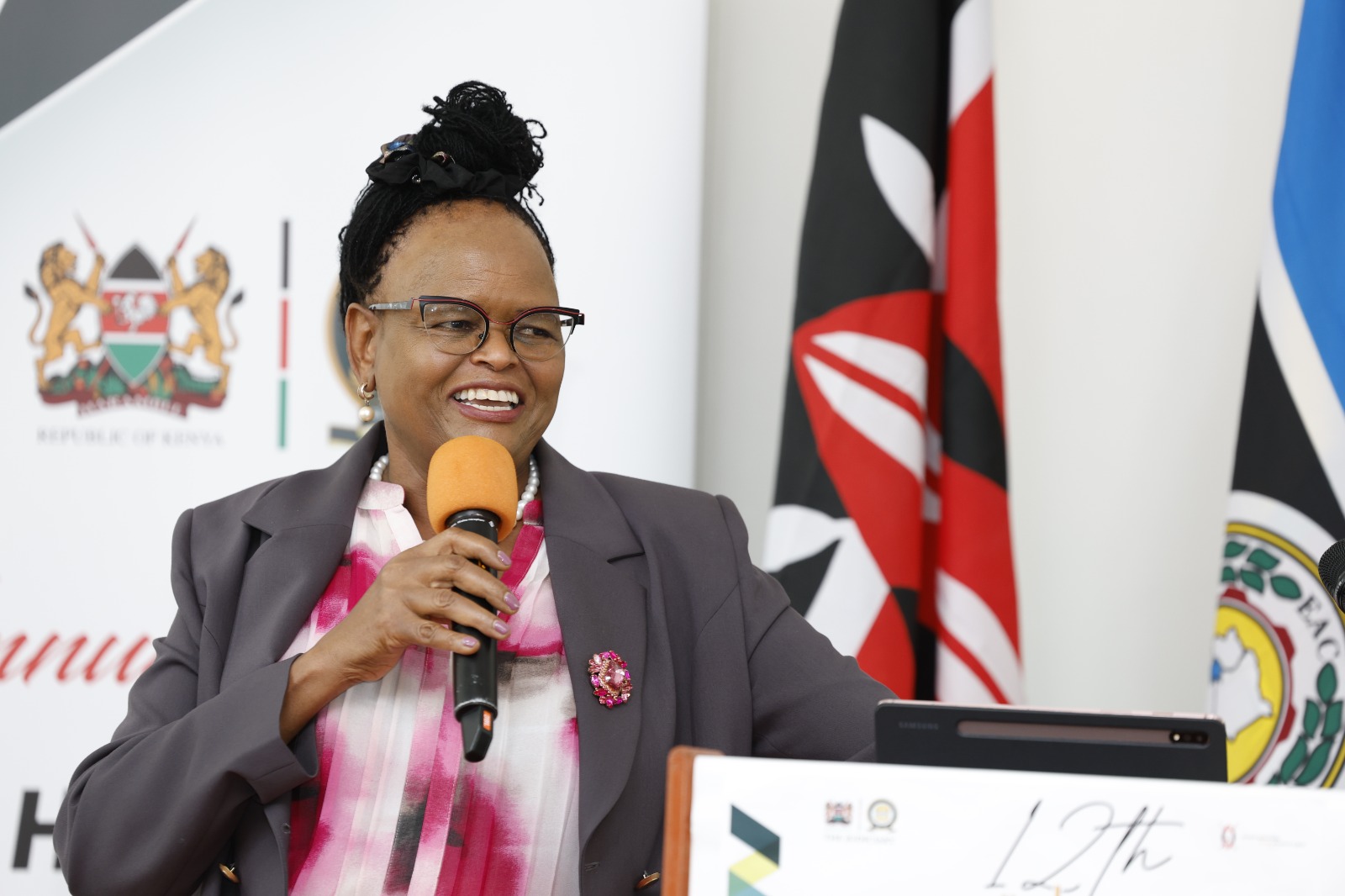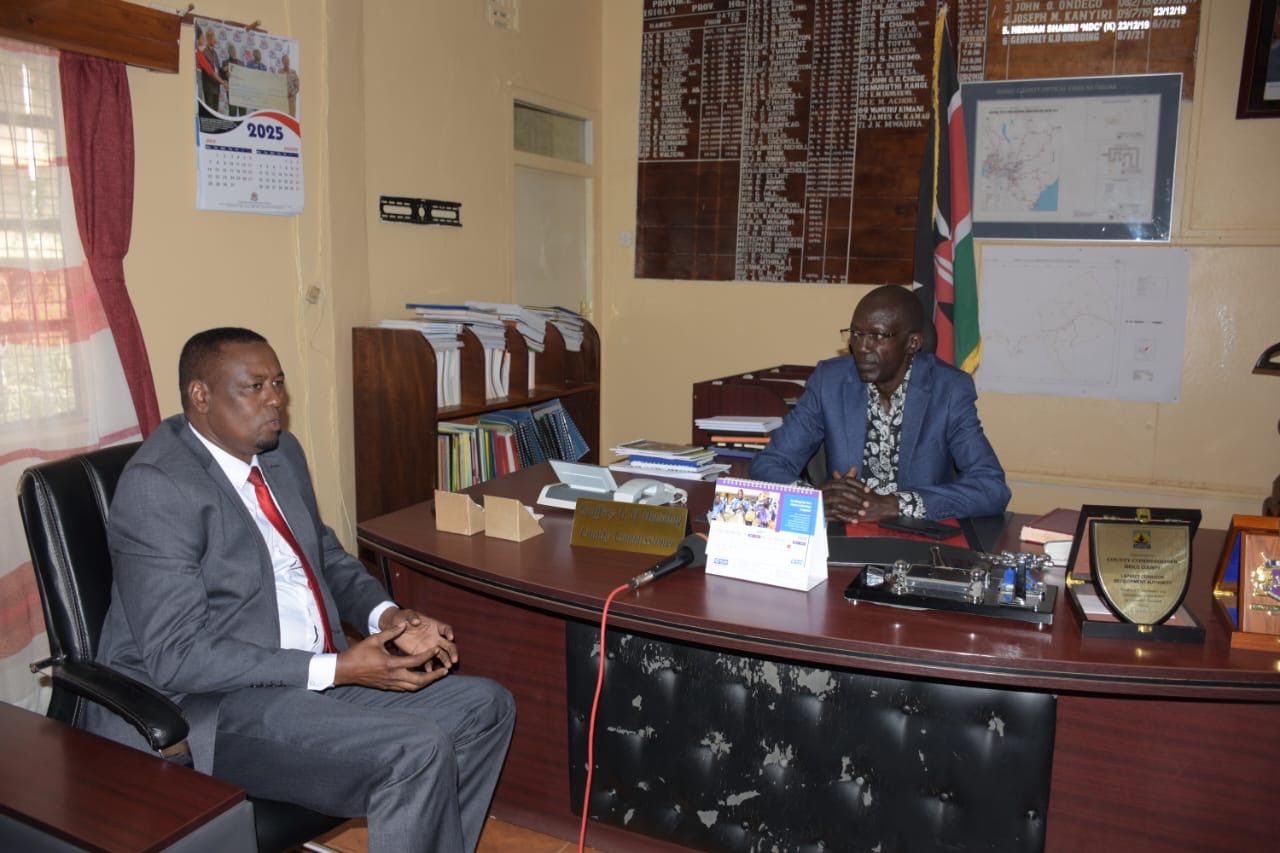Group leads in efforts to curb tobacco abuse among Kamukunji youth

The group continues to work toward its goal of reducing tobacco use and minimising its impact on public health in Kamukunji.
In Eastleigh's Airbase area, a youth group has united to combat tobacco use among the residents of the Kamukunji sub-county. Through a Community-Based Organization (CBO) named Den of Hope, registered in 2005, the group seeks to address social and economic challenges that impact young people in the area.
More To Read
- Eastleigh man transforms neglected 13th Street roundabout into flourishing maize farm
- Ministry of Health cracks down on bed sharing in public hospitals, labels it fraud
- WHO lists Kenya among countries below tobacco tax target
- Why taxing sugar, alcohol won’t solve Kenya’s consumption crisis - here’s what must change
- Raila Odinga rekindles spirit of 1990 Kamukunji rally, honours Kenneth Matiba and Charles Rubia
- Criminal networks exploiting instability to fuel global drug trade - UN
One of their primary objectives is to educate youth on the misuse of hard drugs and the effects of substance abuse, with a particular focus on tobacco.
Den of Hope's focus on tobacco stems from the belief that it often serves as an entry point to more dangerous drugs. To spread awareness, the youth group has conducted educational campaigns throughout Kamukunji and neighboring areas, reaching out to young people.
The group uses various strategies, including training, seminars, and workshops, to convey its message on tobacco's harmful effects. It also organises processions and walks, carrying posters illustrating tobacco's health effects on the human body.
The group collaborates with other organisations that share a commitment to tobacco control, such as the Kenya Tobacco Control Alliance, the International Institute of Legislative Affairs, and the National Taxpayers Association. These partnerships amplify their reach and bring additional support to their cause.
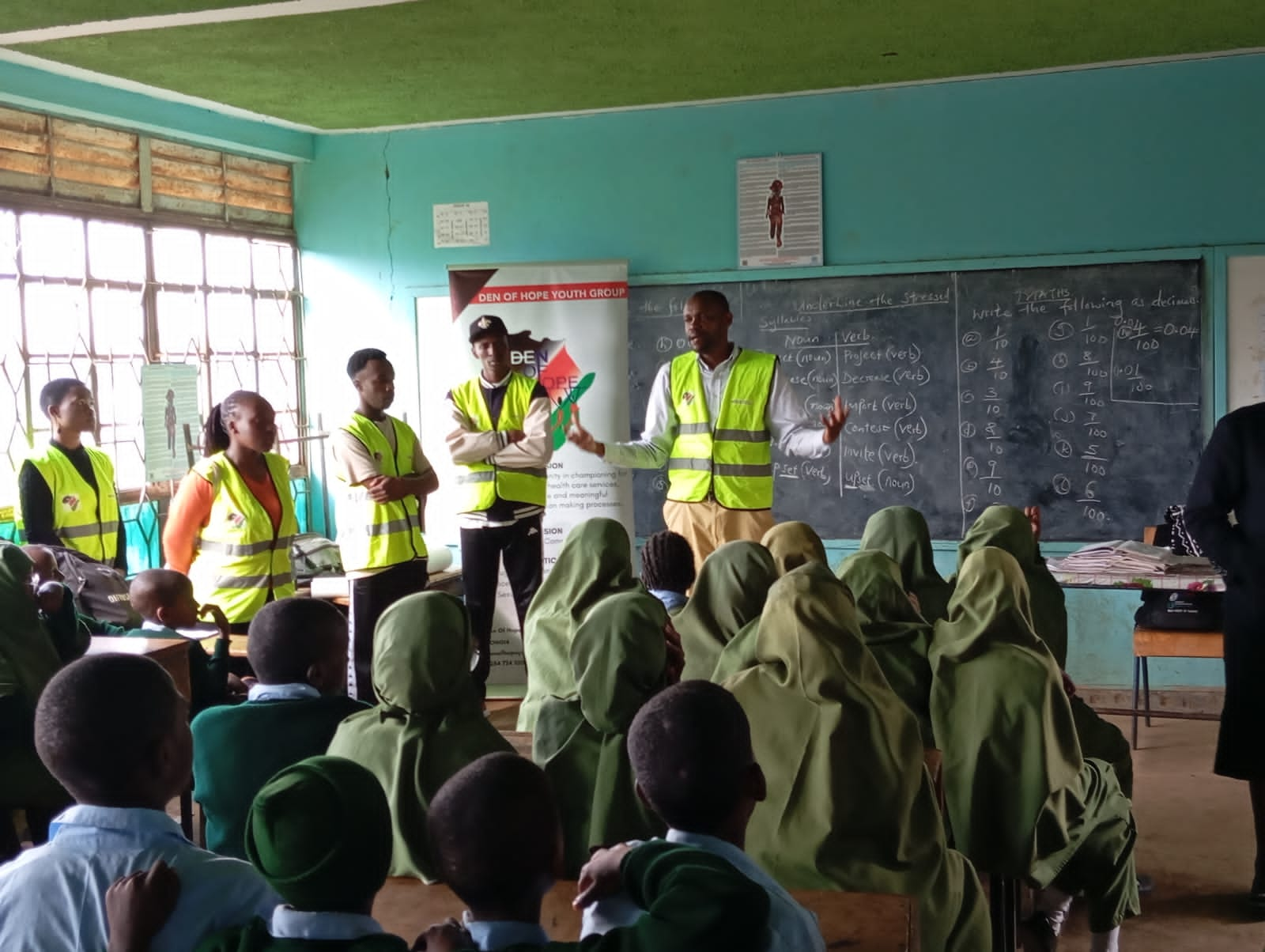 Members of Den of Hope sensitising learners about the effects of tobacco and the use of its products. (Abdirahman Khalif)
Members of Den of Hope sensitising learners about the effects of tobacco and the use of its products. (Abdirahman Khalif)Members of Den of Hope sensitising learns on the effects of tobacco and use of its products.
In an interview with Eastleigh Voice, Den of Hope's chairman, David Odhiambo, explained that the group is actively lobbying for the adoption and review of Kenya's Tobacco Control Policy.
"We do this to safeguard public health because looking at tobacco, the World Health Organisation (WHO) estimates that up to 8 million people die due to tobacco-related illnesses in the world annually," said Odhiambo.
According to Odhiambo, the Kenya National Bureau of Statistics reports that around 12,000 people die from tobacco-related illnesses in Kenya each year.
Globally, tobacco-related deaths make up approximately 13 per cent of all deaths, with about 60 million deaths annually worldwide.
Odhiambo further explained that tobacco use has evolved from traditional cigarette smoking to include products like shisha, vapes, electronic cigarettes, and nicotine pouches. This expansion in tobacco products poses additional challenges to public health.
"The reason why we have also been focusing on tobacco is because it is a major risk factor in spreading non-communicable diseases such as hypertension, cancer, and diabetes, which are currently on the rise," said Odhiambo.
Despite the existence of the Tobacco Control Act of 2007, Odhiambo highlighted gaps in the law. The Act, which prohibits the sale and use of tobacco to minors and the sale of single cigarette sticks, has limitations.
It was established over 21 years ago when traditional cigarettes were the main concern, and Odhiambo believes that it requires updating to reflect advancements in tobacco products.
"It is time to change it and make a better law since a lot has changed. The focus by then was on traditional cigarettes, but technology has changed," he said.
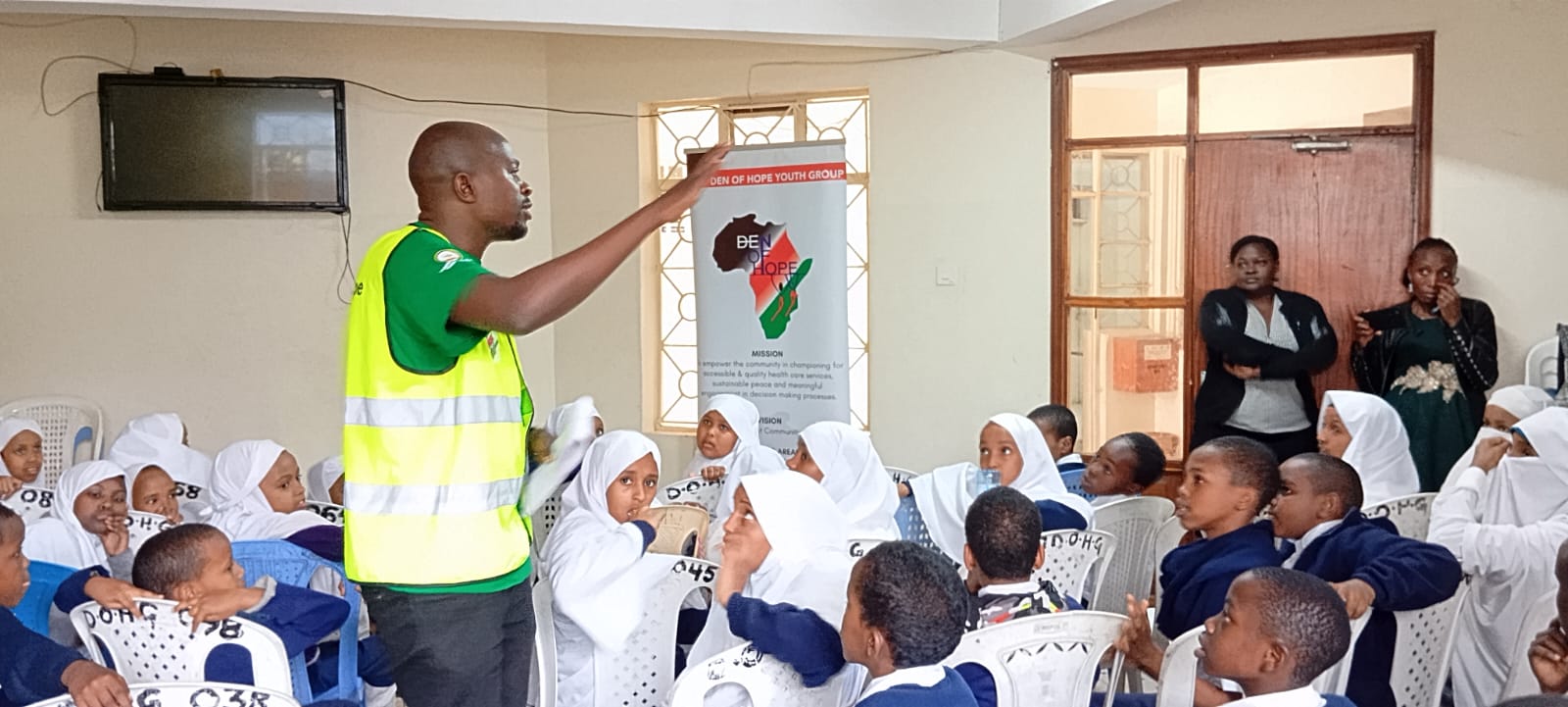 Members of Den of Hope sensitising learners on the effects of tobacco and the use of its products. (Abdirahman Khalif)
Members of Den of Hope sensitising learners on the effects of tobacco and the use of its products. (Abdirahman Khalif)Members of Den of Hope sensitising learns on the effects of tobacco and use of its products.
Odhiambo also noted a concerning trend of young children being able to purchase cigarettes and single sticks, despite the legal restrictions. Additionally, shisha pens are becoming popular among youth in Airbase, including some school-going children. This trend points to the need for stronger enforcement of tobacco laws.
In preparation for World No Tobacco Day, observed annually on May 31, the CBO organised a school program to inform students about tobacco's harmful effects. The schools included; Eastleigh Airport Primary and Junior Secondary School and Penuel and Child Survival Schools.
Currently, Den of Hope is involved in tobacco tax advocacy. Together with other organisations, the group is urging the government to raise taxes on tobacco products to reduce affordability.
WHO suggests that tobacco taxes should account for 70-75 per cent of the retail price to effectively reduce tobacco consumption. However, the average trading price of a cigarette pack in Kenya is approximately Sh340, with only 32 per cent of the retail price represented by taxes. This disparity limits the potential impact of taxation as a deterrent.
Despite their ongoing efforts, Den of Hope faces several challenges. Limited funding restricts their capacity to carry out campaigns and acquire resources, and inadequate enforcement of tobacco laws further complicates their mission.
"It is difficult for us to stop the use of tobacco products without support from law enforcement agencies," said Odhiambo.
Samuel Bobi, a member of Den of Hope, said while individuals express a willingness to quit smoking, access to rehabilitation facilities is limited.
"Nicotine is addictive... We call upon the government to provide more rehabilitation centres," Bobi stated.
He urged the Tobacco Control Board and the Ministry of Health to make such facilities available to assist those seeking to quit tobacco use.
Helen Nafula, another member of the group, emphasised the importance of involving young people in the fight against tobacco use. She believes that young people are well-positioned to understand how tobacco products are distributed and abused within their communities. Nafula called on the government to consider youth perspectives in its tobacco control efforts.
The youth group continues to work toward its goal of reducing tobacco use and minimising its impact on public health in Kamukunji. Through their activities and partnerships, they aim to bring about policy changes that reflect the current tobacco landscape and provide a safer environment for young people in Kenya.
Top Stories Today

